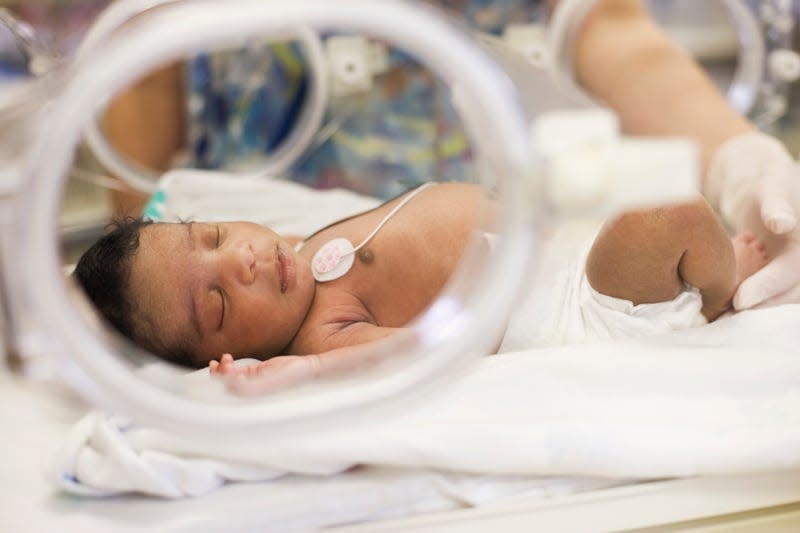Mississippi Crisis: Some Babies are Born with Syphilis

A dire new health crisis is impacting the most vulnerable Mississippians. A new report shared with NBC News found that rates of congenital syphilis among babies have increased 900% over the last five years.
What’s worse, experts believe this crisis in the poorest and Blackest state in the country could have been prevented.
Read more
Aside from Halle Bailey, Here Are Other Black Disney Actors and Characters We Love [Update]
The Best TV Series, Movies of 2022 to Binge Before the Year Ends [UPDATED]
Megan Thee Stallion Becomes 1st Black Woman to Land Forbes 30 Under 30 Cover
The data comes from an analysis of hospital billing by Dr. Thomas Dobbs, the medical director for the Mississippi State Department of Health’s Crossroads Clinic in Jackson.
Although we don’t know exactly what percentage of those babies, data from 2020 is telling. That year, Black newborns made up 70% of congenital syphilis cases, despite only accounting for 42% of babies born that year. State experts who spoke to NBC predict similar trends from the 2021 data.
“This seems like something that should have happened a hundred years ago, not last year,” Dobbs told NBC. “There’s really kind of a shock.”
While many babies don’t show symptoms of the disease if left untreated, it can impact babies’ organs and immune systems, cause hearing loss, and in dire cases, the disease can be fatal.
What Could Have Been Done To Prevent This?
Pregnant people with untreated syphilis have a roughly 80 percent chance of passing the disease along to their babies, according to the Centers for Disease Control.
But that doesn’t mean passing it along to their children is a foregone conclusion. Giving pregnant people penicillin shots (the treatment for syphilis) before giving birth can prevent the spread of the disease.
The state’s abortion ban, likely to drive more obstetricians fearing draconian penalties out of state, is unlikely to help the situation.
“In a rural state like Mississippi, we’re going to have to look at where are the pockets of disease and how can we reach those mothers,” Dr. Anita Henderson, a Hattiesburg-based pediatrician, told NBC News, “but I also think our state really has got to look at investing in pregnant women, investing in their health.”
More from The Root
Sign up for The Root's Newsletter. For the latest news, Facebook, Twitter and Instagram.

